Domain 1: Threat Detection and Incident Response
Design and implement an incident response plan
- Incident Response Strategy
- Roles and responsibilities in IR plan specific to cloud incidents.
- Use case 1: Credentials compromise.
- Use case 2: Compromised EC2 Instances
- Playbooks and Runbooks for IR
- AWS Specific services helpful in Incident Response
- Third-party integration concepts
- Centralize security finding with security hub
Detect security threats and anomalies by using AWS services
- Threat detection services specific to AWS
- Visualizing and Detecting anomalies and correlation techniques
- Evaluate finding from security services
- Performing queries for validating security events
- Create metrics filters and dashboards to detect Anomalous activity
Respond to compromised resources and workloads
- AWS Security IR Guide
- Automating remediation by using AWS services
- Compromised resource management.
- Investigating and analyzing to conduct Root cause and log analysis.
- Capturing relevant forensics data from a compromised resource
- Protecting and preserving forensic artifacts
- Post-incident recovery
Domain 2: Security Logging and Monitoring
- Design and Implement monitoring and alerting to address security events
- Key AWS services for monitoring and alerting
- Monitoring metrics and baselines
- Analyzing environments and workloads to determine monitoring requirements according to
- business and security requirements
- Setting up tools and scripts to perform regular audits
Troubleshoot security monitoring and alerting
- Configuring of monitoring services and collecting event data
- Application monitoring, alerting, and visibility challenges
Design and implement a logging solution
- Key logging services and attributes
- Log destinations, Ingestion points and lifecycle management
- Logging specific to services and applications
Troubleshoot logging solutions
- AWS services that provide data sources and logging capabilities
- Access permissions that are necessary for logging
- Identifying misconfigurations and remediations specific to logging
- Reasons for missing logs and performing remediation steps
Design a log analysis solution
- Services and tools to analyze captured logs
- Identifying patterns in logs to indicate anomalies and known threats
- Log analysis features for AWS services
- Log format and components
- Normalizing, parsing, and correlating logs
Domain 3: Infrastructure Security
Design and implement security controls for edge services
- Define edge security strategies and security features
- Select proper edge services based on anticipated threats and attacks and define proper
- protection mechanisms based on that
- Define layered Defense (Defense in Depth) mechanisms
- Applying restrictions based on different criteria
- Enable logging and monitoring across edge services to indicate attacks
Design and implement network security controls
- VPC security mechanisms including Security Groups, NACLs, and Network firewall
- Traffic Mirroring and VPC Flow Logs
- VPC Security mechanisms and implement network segmentation based on security requirements
- Network traffic management and segmentation
- Inter-VPC connectivity, Traffic isolation, and VPN concepts and deployment
- Peering and Transit Gateway
- AWS Point to Site and Site to Site VPN, Direct Connect
- Continuous optimization by identifying and removing unnecessary network access
Design and implement security controls for compute workloads
- Provisioning and maintenance of EC2 instances
- Create hardened images and backups
- Applying instance and service roles for defining permissions
- Host-based security mechanisms
- Vulnerability assessment using AWS Inspector
- Passing secrets and credentials security to computing workloads
Troubleshoot network security
Identifying, interpreting, and prioritizing network connectivity and analyzing reachability
Analyse log sources to identify problems
Network traffic sampling using traffic mirroring
Domain 4: Identity and Access Management
Design, implement and troubleshoot authentication for AWS resources
- Identity and Access Management
- Establish identity through an authentication system based on requirements.
- Managed Identities, Identity federation
- AWS Identity center, IAM and Cognito
- MFA, Conditional access, STS
- Troubleshoot authentication issues
Design, implement and troubleshoot authorization for AWS resources
- IAM policies and types
- Policy structure and troubleshooting
- Troubleshoot authorization issues
- ABAC and RBAC strategies
- Principle of least privilege and Separation of duties
- Investigate unintended permissions, authorization, or privileges
Domain 5: Data Protection
Design and implement controls that provide confidentiality and integrity for data in transit
- Design secure connectivity between AWS and on-premises networks
- Design mechanisms to require encryption when connecting to resources.
- Requiring DIT encryption for AWS API calls.
- Design mechanisms to forward traffic over secure connections.
- Designing cross-region networking
Design and implement controls that provide confidentiality and integrity for data at rest
- Encryption and integrity concepts
- Resource policies
- Configure services to activate encryption for data at rest and to protect data integrity by preventing
- modifications.
- Cloud HSM and KMS
Design and implement controls to manage the data lifecycle at rest
- Lifecycle policies and configurations
- Automated life cycle management
- Establishing schedules and retention for AWS backup across AWS services.
Design and implement controls to protect credentials, secrets, and cryptographic key materials
- Designing management and rotation of secrets for workloads using a secret manager
- Designing KMS key policies to limit key usage to authorized users.
- Establishing mechanisms to import and remove customer-provider key material.
Domain 6: Management and Security Governance
Design and strategy to centrally deploy and manage AWS accounts
- Multi account strategies using AWS organization and Control tower
- SCPs and Policy multi-account policy enforcement
- Centralized management of security services and aggregation of findings
- Securing root account access
Implement a secure and consistent deployment strategy for cloud resources
- Deployment best practices with Infrastructure as a code
- Tagging and metadata
- Configure and deploy portfolios of approved AWS services.
- Securely sharing resources across AWS accounts
- Visibility and control over AWS infrastructure
Evaluate compliance of AWS resources
- Data classification by using AWS services
- Define config rules for detection of non-compliant AWS resources.
- Collecting and organizing evidence by using Security Hub and AWS audit manager
Identify security gaps through architectural reviews and cost analysis
- AWS cost and usage anomaly identification
- Strategies to reduce attack surfaces
- AWS well-architected framework to identify security gaps
 Read Reviews
Read Reviews





 5th Sep: Weekend
5th Sep: Weekend 



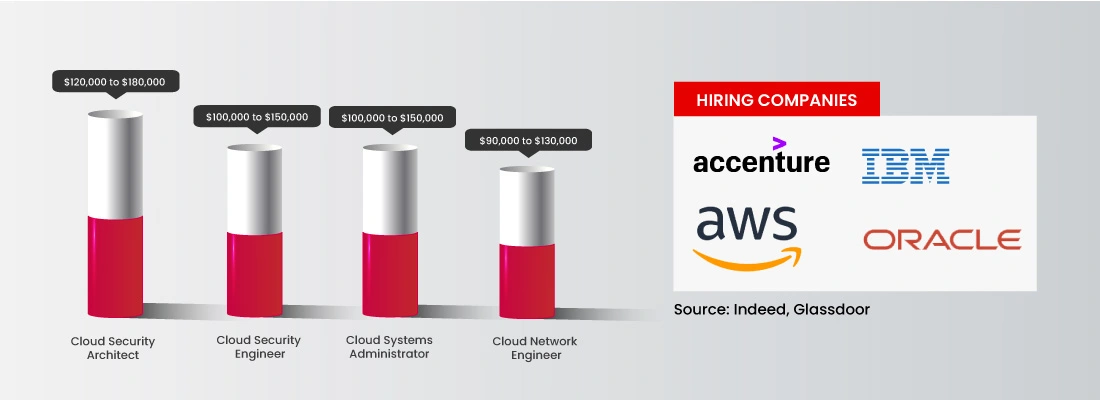


 The AWS training session was excellent! I liked how you tailored the information to our particular requirements and offered useful advice and tactics that we could use right away in our work.
The AWS training session was excellent! I liked how you tailored the information to our particular requirements and offered useful advice and tactics that we could use right away in our work.

 Certified & Experienced Instructors
Certified & Experienced Instructors Post Training Support
Post Training Support Customized Training
Customized Training Flexible Schedule
Flexible Schedule Access to Recorded Sessions
Access to Recorded Sessions 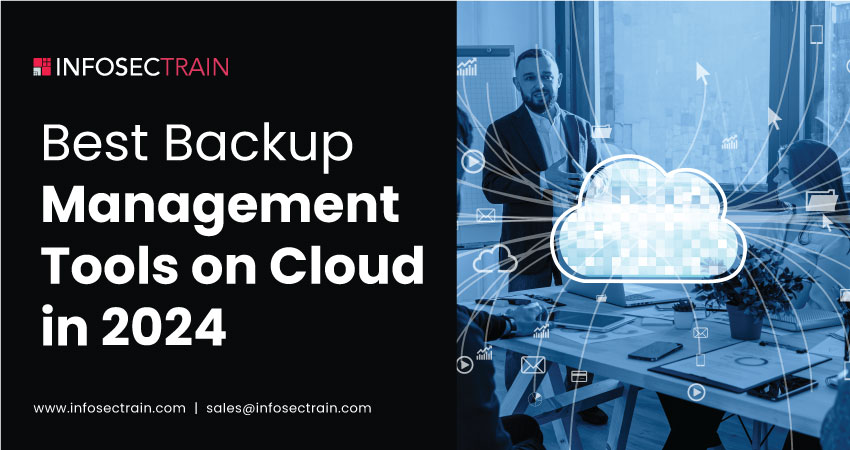
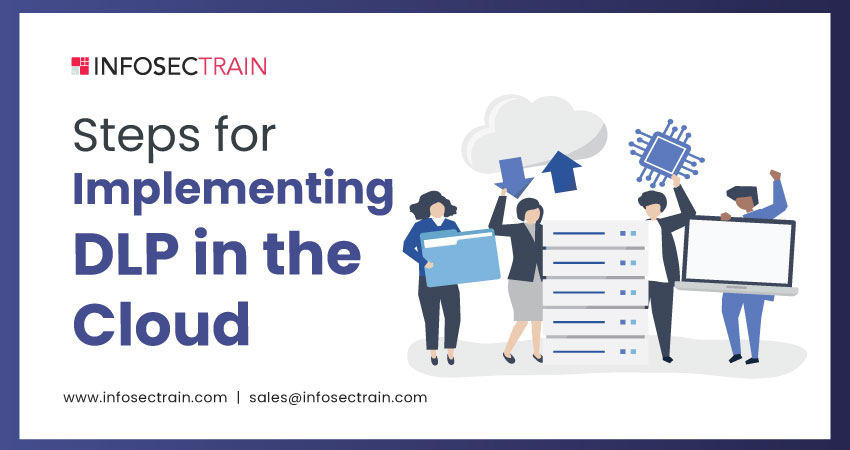
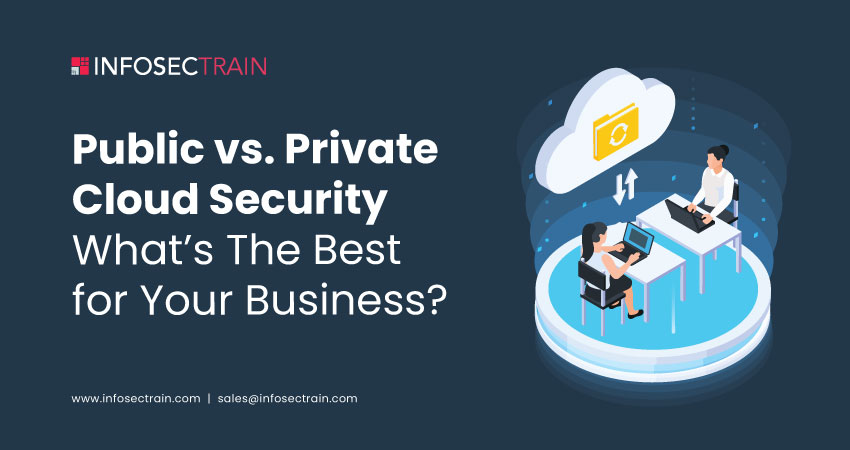
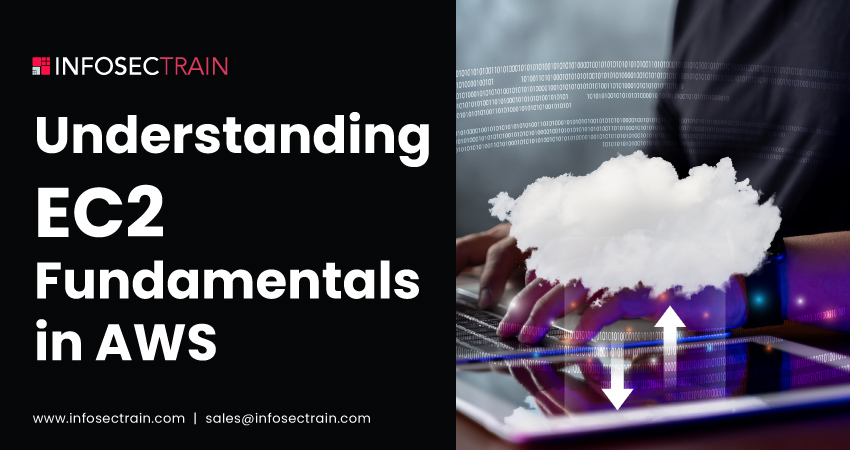
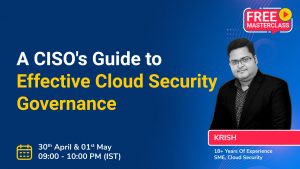
 1800-843-7890 (India)
1800-843-7890 (India) 
